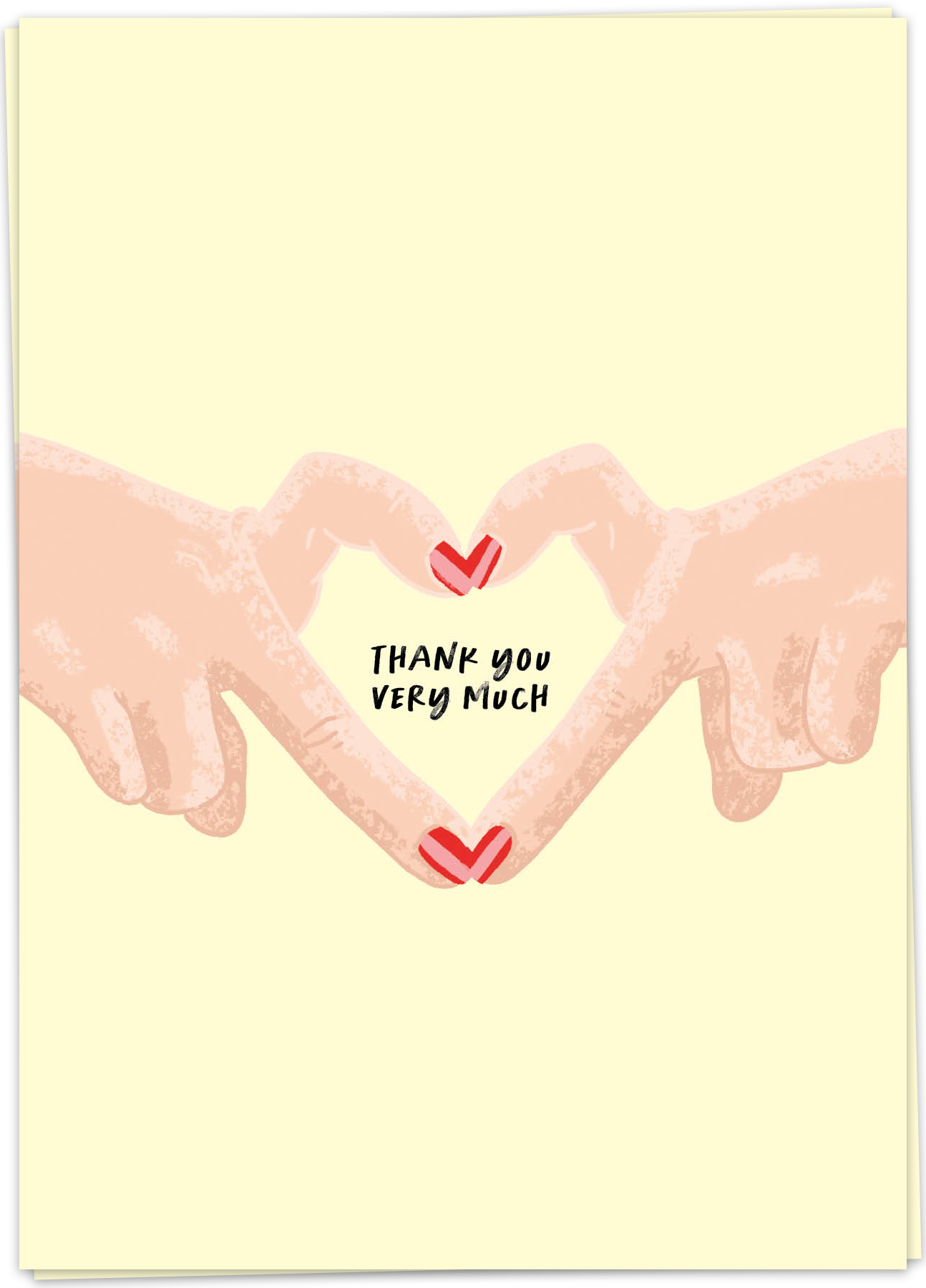In the kaleidoscopic tapestry of contemporary society, the teachings of the Bahá’í Faith emerge as resonant chords that harmonize with the distinctive frequencies of Millennials and Generation Z. As these younger cohorts navigate the vicissitudes of a rapidly evolving world, they are defined not merely by their technological prowess but by their inherent quest for meaning and purpose, encapsulating a profound spiritual longing that Bahá’í principles keenly address.
The Bahá’í teachings proffer a transformative lens through which Millennials and Gen Z can interpret their experiences and interactions. The affirmation of unity in diversity serves as an illustrative metaphor for the interwoven lives and differing perspectives that characterize these generations. “Thank God you are not like me” reverberates as not merely a statement of difference but as a profound acknowledgment of the rich tapestry of individual experiences that contribute to collective wisdom. This understanding invites contemplation upon the significance of diversity and promotes a culture of inclusivity amongst these generations.
At the heart of the Bahá’í Faith lies the belief in the oneness of humanity. This tenet challenges the polarizing narratives often encountered in societal discourse. Millennials, steeped in digital connectivity, and Gen Z, born into an era where social justice resonates fervently, are uniquely positioned to embody this principle. By engaging in dialogue rooted in empathy and understanding, these generations can transcend superficial divides, cultivating a robust communal ethos.
Further illuminating the path forward is the Bahá’í emphasis on the importance of personal transformation. Each individual’s journey toward spiritual maturity represents a microcosm of the collective evolution of society. The metaphor of the seed—small yet potent—resonates strongly with the youthful spirit. Just as a seed germinates under the right conditions, Millennials and Gen Z have the capacity to foster social change by nurturing the seeds of compassion, justice, and service within themselves and their communities.
Moreover, the Bahá’í teachings underscore the importance of education as an instrument for personal and societal advancement. In a world saturated with information, the distinction between knowledge and wisdom becomes pivotal. Education, viewed through a Bahá’í lens, transcends mere academic achievement; it encompasses moral and spiritual dimensions that cultivate character. This holistic approach to education is particularly salient for Millennials and Gen Z, who frequently seek learning experiences that align with their values and aspirations.
As the torchbearers of tomorrow, these generations grapple with existential questions amplified by unprecedented global challenges. Climate change, socio-economic disparities, and political unrest are not just mere backdrop; they are the crucibles in which their identities are forged. The Bahá’í teaching that affirms the necessity of consultation provides a vital framework through which Millennials and Gen Z can collectively address these pressing issues. Rather than succumbing to despair or nihilism, they can engage in meaningful dialogue, pooling their unique insights to co-create solutions that honor both individual and collective aspirations.
The concept of service to humanity emerges as a further pathway illuminated by Bahá’í teachings. This principle resonates deeply with the altruistic inclinations prevalent among Millennials and Gen Z, who prioritize social responsibility and environmental stewardship. The metaphor of a river—ever-flowing and sustaining life—symbolizes the transformative power of service. This ethos encourages young individuals to channel their energies toward endeavors that uplift communities and foster a spirit of interconnectedness.
Additionally, the Bahá’í vision of a global civilization envisions a world where the barriers of prejudice are dismantled. Such aspirations find fertile ground in the hearts of Millennials and Gen Z, who inherently challenge the status quo and pursue equality across social, economic, and cultural landscapes. This generational commitment mirrors the Bahá’í principle of oneness, propelling initiatives that promote equity and justice in a manner that inspires global collaboration.
Conversely, the challenges Millennials and Gen Z face cannot be overlooked. The specter of mental health issues, exacerbated by digital connectivity and external pressures, highlights the need for a supportive community. The Bahá’í teachings emphasize the importance of creating environments where individuals feel valued and nurtured. This, in turn, is reminiscent of a garden—where diverse plants flourish side by side, each contributing to the beauty and sustainability of the ecosystem. Fostering such supportive spaces becomes imperative for nurturing the potential inherent in these dynamic generations.
The intricate interplay between spirituality and daily life is another critical consideration. The Bahá’í teachings advocate for the integration of spiritual values into everyday choices and interactions. This is particularly relevant for Millennials and Gen Z, who increasingly seek authenticity in both their personal lives and professional endeavors. The metaphor of the lighthouse—a beacon guiding mariners safely to shore—represents the role of spiritual principles in navigating the complexities of modern existence. By embracing these values, young individuals can anchor themselves amidst uncertainty and emerge as leaders in their respective spheres.
In contemplating the nuances of Bahá’í teachings in relation to Millennials and Gen Z, it becomes evident that these principles provide a compelling framework for comprehending their experiences. The resonance between the call for unity, individual transformation, and service illuminates a pathway that encourages these generations to thrive in harmony with one another and the world around them. As they boldly traverse their unique journeys, may they embody the essence of “Thank God you are not like me” as a celebration of diversity and a commitment to collective enlightenment.
In this era defined by rapid change and interconnectedness, the Bahá’í Faith offers not only a philosophy for living but a guidepost for action. By fostering a spirit of unity, education, and service, Millennials and Gen Z are poised not just to inherit the future, but to shape it in ways that honor the interconnected web of humanity, creating a legacy that is as inspiring as it is enduring.
